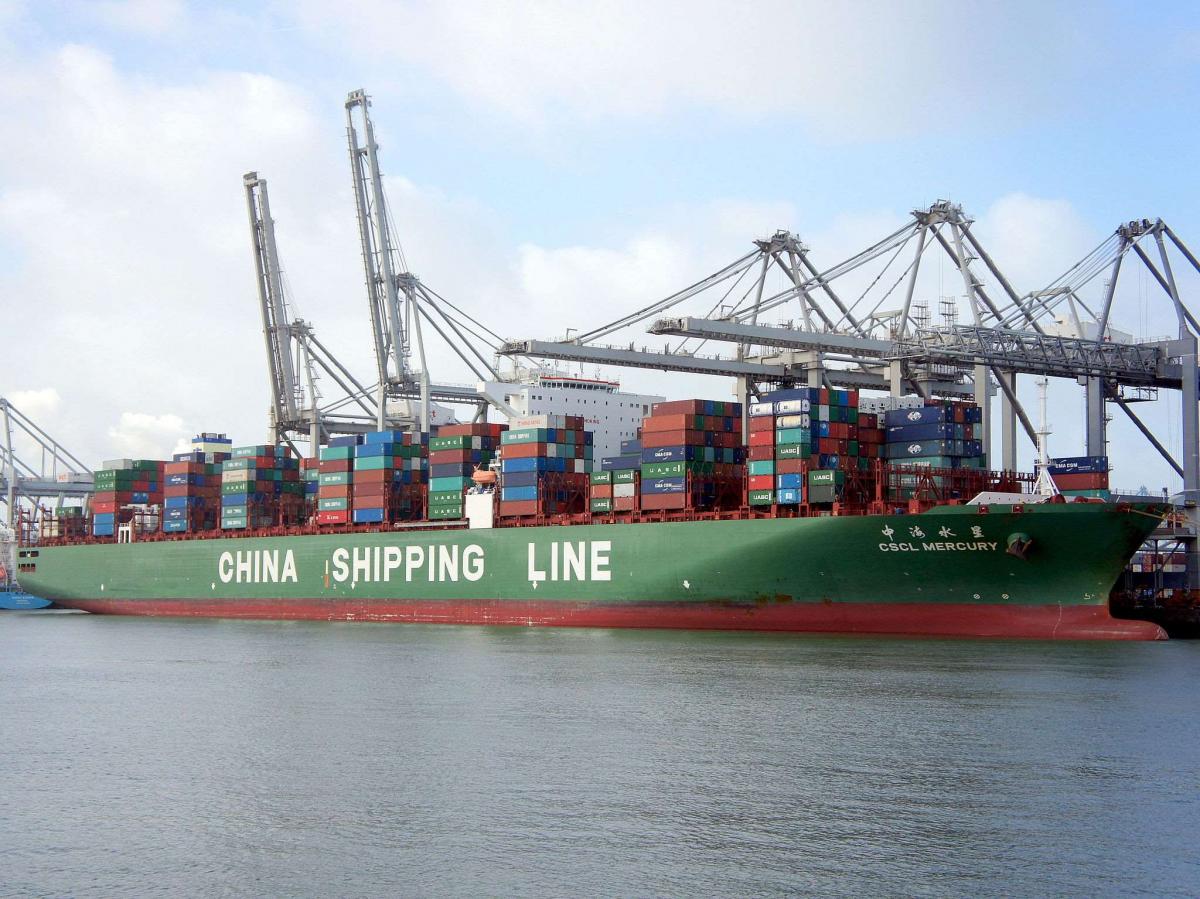The value of the equity of Star Bulk (SBLK) has risen since the start of the year from $0.616 to just above an even dollar per share. This is part of a broader trend. The dry bulk shipping industry, long in free fall, may have found its bottom.
This is good news, if true, for those alpha seekers such as Caspian Capital Partners who entered the dry bulk shipping center on the long side around years end. I admit, I warned at the time that they might be trying to “catch a falling knife,” a notoriously dangerous endeavor.
At least in hindsight I can understand three likely reasons for the timing of Caspian’s investment. They involve ship building (or its absence); China (and a potential recovery in its demand for shipped commodities); Greece (and its relationship with the rest of Europe).
The Textbook Mechanism
What has happened to the Baltic Dry Index during the last four months? The BDI, an index issued daily by the London based Baltic Exchange, assesses the price of moving dry commodities such as coal, ore, and grain by sea along 23 shipping routes. The BDI was above 2300 in December 2014, but had fallen to the mid-400s at the start of 2016. It fell further through January and into February.
The BDI, like SBLK’s equity, has recovered considerably. It ended April at 703. So: shipping firms are charging more for moving such commodities and (unsurprisingly) this has corresponded with an increase in the value of their equity. Can we say anything more than that about what is going on?
The first part of the answer may be that the textbook market mechanisms have begun to play themselves out, to textbook effect. Firms in this field overbuilt during the boom in the early years of the millennium. There were too many ships built for too few goods. The response to the bust? Nothing new has been built, and some of the ships that have been on the seas in recent years have suffered demolition. Ship builders may have a tough patch ahead but shippers may yet recover.
China’s Sickbed
The second part of the answer: China may be about to get out of its own sickbed. In the cautious words of George Lazardis, the head of market research and asset valuations for Allied Shipbroking, “China has sent off some positive signals in terms of policy decisions; however it is too soon to tell if these will have a real effect on the market or if they will falter.”
Some observers have sounded more enthusiastic. Nyrstar is a mining and metals business that focuses on zinc: its executives have a vantage point whence to study China’s economic climate at the commodity-demanding level. In a conference call on April 27 discussing Nyrstar NV results for the first quarter 2016, CEO Bill Scotting said, “[T]here is positive news out of China recently with indications of stronger activity in property and industrial production which has supported better demand for commodity metals. Combined with the seasonal effect this should support momentum in coming months.”
Let’s Talk About Austerity Again
A third point, perhaps the most intriguing, involves the centrality of Greece in the shipping world and the continuing drama over the place of Greece within the Eurozone. Specifically: the EU wants Greece to be tougher in pursuit of its tax revenues. This is part of what is meant by the buzzword “austerity,” after all. Whether the present government in Athens is willing to impose upon itself and its successors an “austere” fiscal policy that will include increased tax revenues, along with lowered spending, and thus a greater ability to pay down external debts: that is one question. Whether it would be able to do so within its political context even if it were willing is another. Whether the enhanced collection of revenues would hit the well-connected shipping industry, and how hard, is still a third.
The European Union has said that it is illegal for Greece to continue certain tax breaks that benefit the shipping industry, including a tax break for the dividends distributed by shipping companies to their shareholders/owners.
The system of tax breaks involved in this dispute has been in place since well before Greece joined the EU: since, in fact, 1975. This makes it “existing aid” under the EU law, and the other member states have to work rather hard to bring an end to such existing aid. Yet given the present bitterness between the debtor and creditor nations, they may well do so.
Markets look forward. It is perfectly possible that the increasing likelihood of an eventual tax based hit on the Greek shipping industry is causing some market participants to act as if the capacity of the industry will in turn take a hit, and that is causing this revival of rates and equity.
If all that is the case, then the knife may in fact have found the floor.




